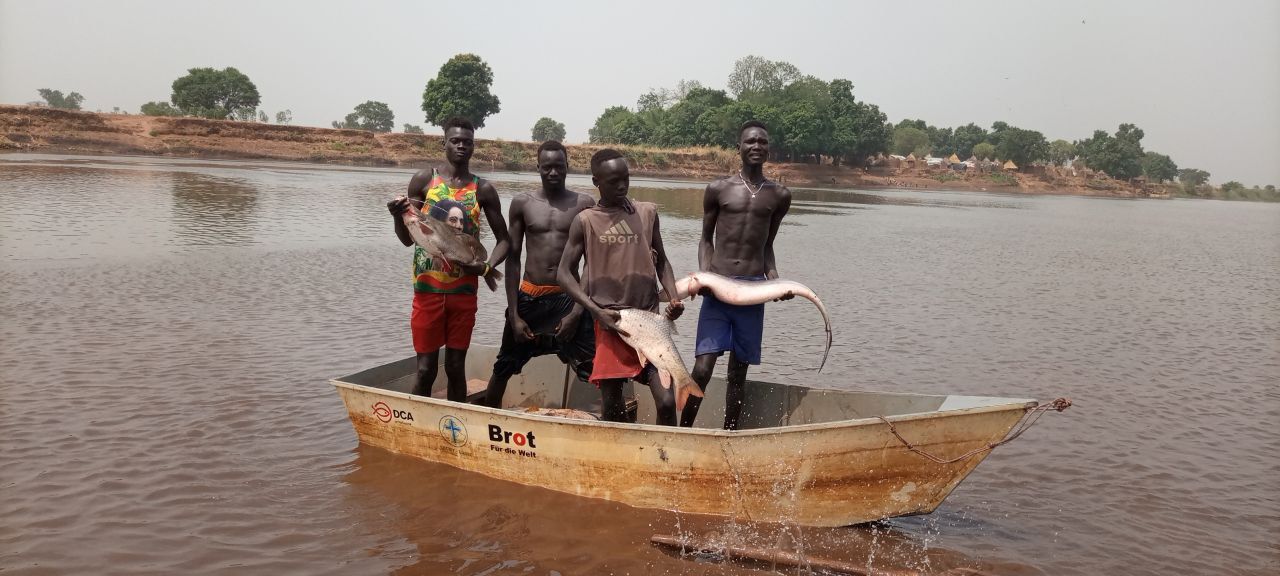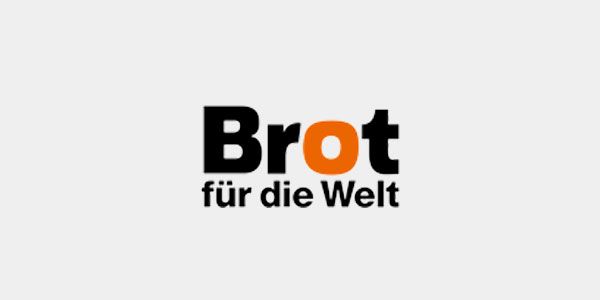The Issue
The Gambella region of western Ethiopia hosts over 300,000 South Sudanese refugees in seven camps. The huge number of refugee communities coupled with the existing inter-community conflict and competition for regional political power and economic dominance made Gambella region volatile. The overlap of the ethnic composition of the region with the refugee population complicates the relationship between the refugee and host as well as between ethnic groups of the host community. Refugees and host communities compete over natural resources including use of and control over riverside farmland and employment opportunities. Additionally, due to climate change, as the area is one of the lowland areas of the country, flooding of the rivers draining down to the region from the western highlands of Ethiopia, which washout the cultivated crop, is one of the main causes of food shortage for the region.
The Project
This project is a follow-on operation from a previous project in the Gambella region focusing on livelihood and peacebuilding components. The objective of the project is to contribute to the overall well-being of refugees and host communities in Gambella through tailored livelihood and peaceful coexistence interventions. The intervention follows a triple nexus approach by addressing the livelihood, humanitarian and peace needs of refugees and host communities. The project is implemented in two host community woredas (Abol and Itang) and Jewi, Kule and Nguenyyiel refugee camps of Gambella Region.

The Change
In the Peace component, the following are the expected results:
- Strengthen peace clubs by supporting schools with mini-media equipment and books and supporting the peace clubs’ internal planning and implementation process including celebrating annual school Peace Day.
- Train community leaders, youth, women and community representatives (host and refugee) on peacebuilding and conflict resolution methodologies.
- Hold community conversations in 8 kebeles every four months to review rising tensions, and intergroup disputes and discuss interventions.
- Organize two joint dialogue sessions per year involving community representatives from all kebeles to review rising tensions, and intergroup disputes and discuss their role in resolving conflicts.
- Support inter-religious council to hold two peace conferences per year involving community representatives.
- Establish a peacebuilding organization network in Gambella and organize biannual planning, learning and experience-sharing platform.
The expected results of the livelihood component include:
- Provide training on backyard gardening and support each beneficiary household with 200-gram various vegetable seeds and farming tools.
- Provide training for unemployed youths on small ruminant husbandry practices and forage production and support them in shoat provision and various types of forage seeds.
- Strengthen 20 women income generating groups from host communities engaged in dry fish processing and marketing activities through the provision of refresher training, fish processing equipment and creating market linkage with DCA fresh food voucher programs in Itang and Jewi camps.
Establish self-help groups and provide training on entrepreneurship and Self Help Group principles and support them with seed money and working materials to engage in business activities in Jewi and Nguenyyiel refugee camps.
Our Work
DCA has supported relief projects in Ethiopia since the 1970s. It operated through local partners since 1982 and in 2004 the country office in Addis Ababa was established. DCA has field offices in Sekota-Waghimra (Amhara Region), Semera (Afar Region), Robe Town (Bale, Oromia Region) and Gambella city (Gambella Region). DCA Ethiopia’s programme interventions target rural, peri-urban and urban poor, Internally Displaced People, refugees and their hosting communities as direct beneficiaries. DCA works across the humanitarian-development-peace nexus to bring about sustainability and cohesion. Additionally, DCA introduces innovative and appropriate technologies to address vulnerability, fill in knowledge and skills gaps, build local capacity, and when applicable, works closely with the private sector.
About the project
Title: Livelihood Improvement and Peacebuilding Project in Gambella Refugee Camps and Hosting Communities
Period: 1 June 2023 – 30 May 2025
Donor: Bread for the World
Amount: 1,282,900 EUR
People reached: 5150 individuals


